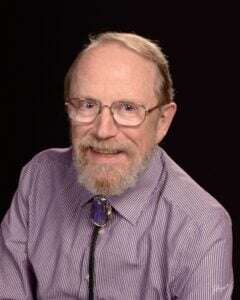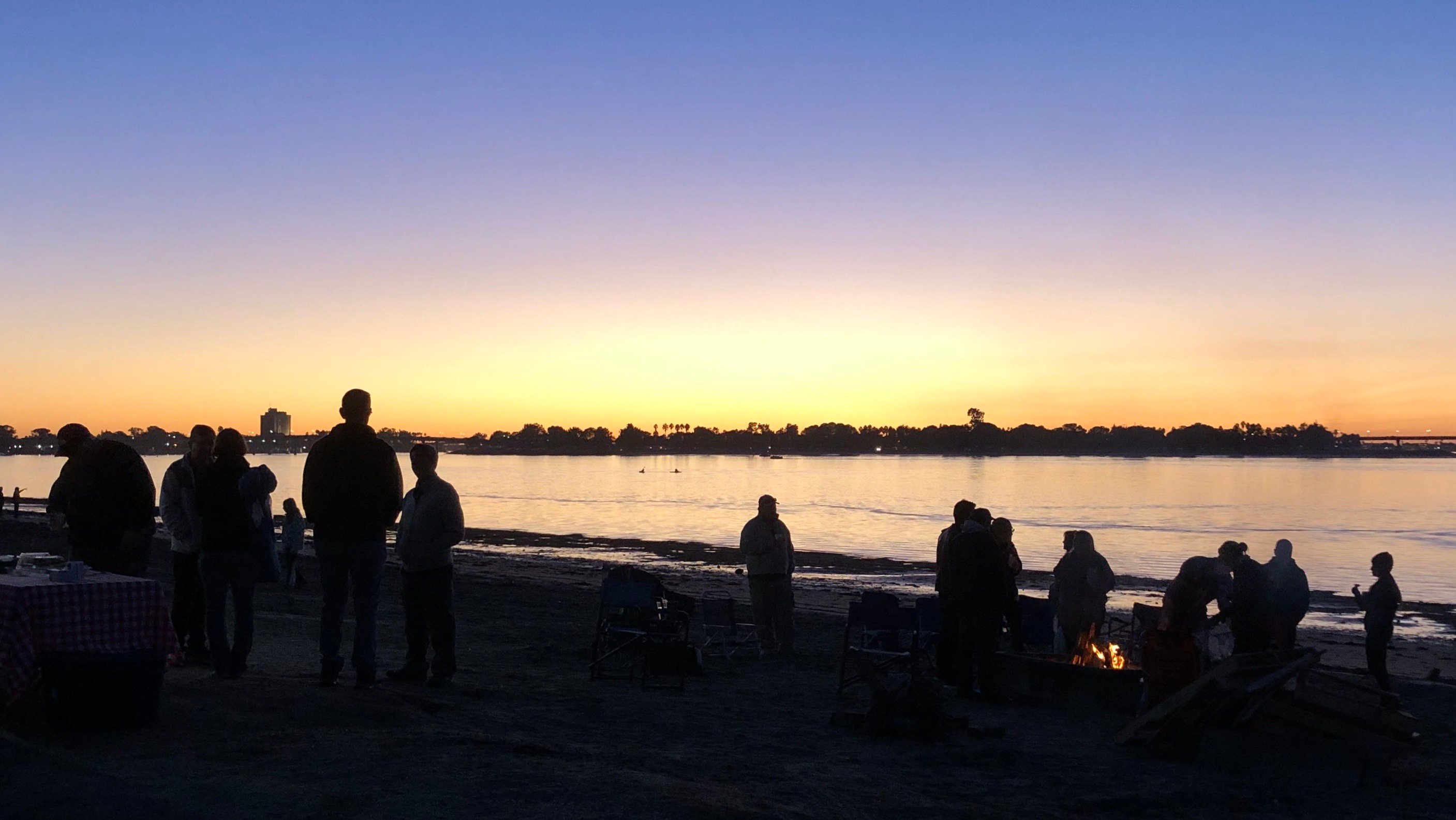 President’s Column: February 2019
President’s Column: February 2019
Written by current Board of Directors President, Bill Greer
I am honored and humbled by the opportunity to lead SMART Recovery USA at this historic moment for any organization, our silver anniversary – a milestone that marks the success of years of hard work guided by visionary leadership.
We are grateful for the vision of our founders – Joe Gerstein, Tom Horvath and many other professionals who created and refined a self-empowering pathway to support recovery informed by the cognitive and motivational therapies that work best in treatment.
Our 4-Point Program®is grounded as much in science as common sense. With elegant simplicity, it focuses first on how to stop addictive behavior with motivation and taming urges. And second, it helps people create a new life with balance, purpose, and meaning to replace the self-defeating one bound to addiction.
We must thank the thousands of volunteers, especially our facilitators who started all the meetings that no one attended in the first weeks. I remember sitting alone at my first Family & Friends meetings in a church basement room, wondering and worrying if anyone would ever come. We persevered as the numbers grew slowly and then faster as the word spread about these distinctive meetings that combine the science and practical experience of recovery with the proven efficacy of mutual support.
 Volunteers are the heart of SMART recovery and this celebration of our anniversary. This year we recognize the many ways they contribute to our meetings and community. I encourage you to nominate any and all who deserve recognition at our 2019 Volunteer Nomination Form. We will spotlight 25 throughout the year to reflect our years of existence and everyone who has contributed precious time and effort to our success, culminating with our National Conference September 20-22 in Chicago, IL.
Volunteers are the heart of SMART recovery and this celebration of our anniversary. This year we recognize the many ways they contribute to our meetings and community. I encourage you to nominate any and all who deserve recognition at our 2019 Volunteer Nomination Form. We will spotlight 25 throughout the year to reflect our years of existence and everyone who has contributed precious time and effort to our success, culminating with our National Conference September 20-22 in Chicago, IL.
From 600 to 3,000 Group Meetings in Past Eight Years
Our success did not come quickly or easily. SMART grew slowly until 2010-2011 when our yearly trajectory zoomed from nearly zero to double digits. The number of group meetings went from 600 in 2010 to 3,000 today, quintupling over the span of just eight years. SMART is helping people recover today in 23 countries with separate offices and many meetings in the UK (540) and Australia (300). A new organization, SMART Recovery International, is guiding our global growth.
In the U.S. alone, our meeting numbers have increased by a factor of six – from 300 to 1,800. Many trends converged to drive this extraordinary growth:
- A growing portion of the professional community discovered SMART, reflected in our training, as professionals comprise two-thirds of the 3,000 that register yearly for the U.S. online course.
- Leading government health organizations endorsed SMART, including the National Institutes of Health, Substance Abuse and Mental Health Services Association (SAMHSA) and their counterparts in Australia, Denmark, Ireland, and the UK.
- The addiction epidemic grew sharply to the point that drug overdoses took more than 70,000 lives in 2017 as alcohol addiction and misuse contributed to another 88,000 deaths.
These last numbers are especially disturbing, totaling nearly 160,000 lives lost in one year or 440 per day. Even if these numbers do not increase, drug overdoses and alcohol problems will cause more than 1 million deaths in the U.S. over the next five-to-six years. This suffering extends to millions of families. It is destroying communities throughout America, reducing the labor pool and lowering life expectancy.
Most disturbing is the fact we know how to treat addiction with multiple therapies, medications and recovery support for the millions of people affected. Addiction is not Stage 4 cancer, heart disease or kidney failure – the three terminal diseases that ended my wife’s life three years ago. In other words, many of these deaths are preventable, yet an inexplicable and unacceptable resistance to change is preventing decisive action.
One of SMART’s greatest strengths is our ability to take action. As we often say at meetings, people don’t talk about SMART; we do SMART.
Campaign to Launch 2,000 More Meetings
This year SMART Recovery USA is launching a campaign to introduce 2,000 meetings over the next two-to-three years, essentially doubling our size. We will target areas with the greatest need. For example, we will:
- Help providers of medication-assisted treatment start SMART meetings for their patients and others needing support.
- Focus on low-income areas and diverse communities as we have done with the Bmore SMART initiative in Baltimore.
- Explore how to help the addicted and their families in Ohio, where SMART is headquartered and one of the states most devastated by the opioid epidemic.
- Seek to replicate innovative efforts to reunite families by pairing meetings for teens and Family & Friends, as we have through the program known as CROSS (ConnecticutRecovery-Oriented Support System for Youth), initiated by the Wheeler Clinic with a $250,000 SAMHSA opioid grant.
- Increase our online support with more meetings, as many as 50 to 100, and chat rooms and message boards that are open 24/7/365. These measures will bring SMART to families in rural areas where the opioid problem has been severe, to those who lack transportation and to Millennials and others who are most comfortable using recovery resources online.
To support these and other initiatives, we will need at least $2 million to increase our staff with professionals in meeting support, training, operations, marketing and communications, and IT management. As our U.S. meeting numbers have increased sixfold this decade, our staff has barely grown, and we need major IT upgrades.
We will seek funding from all sources who want to support solutions to the addiction epidemic, including government agencies at all levels, foundations, businesses and individuals. The Board will be undertaking aggressive fundraising efforts, and we invite others to join us.
Over the past 25 years, SMART has created the world’s largest community of self-empowering recovery support based on science and experience. Through this targeted and ambitious growth, we can help resolve an addiction epidemic that is among the greatest healthcare crises of our time.
– Bill Greer, Board President




